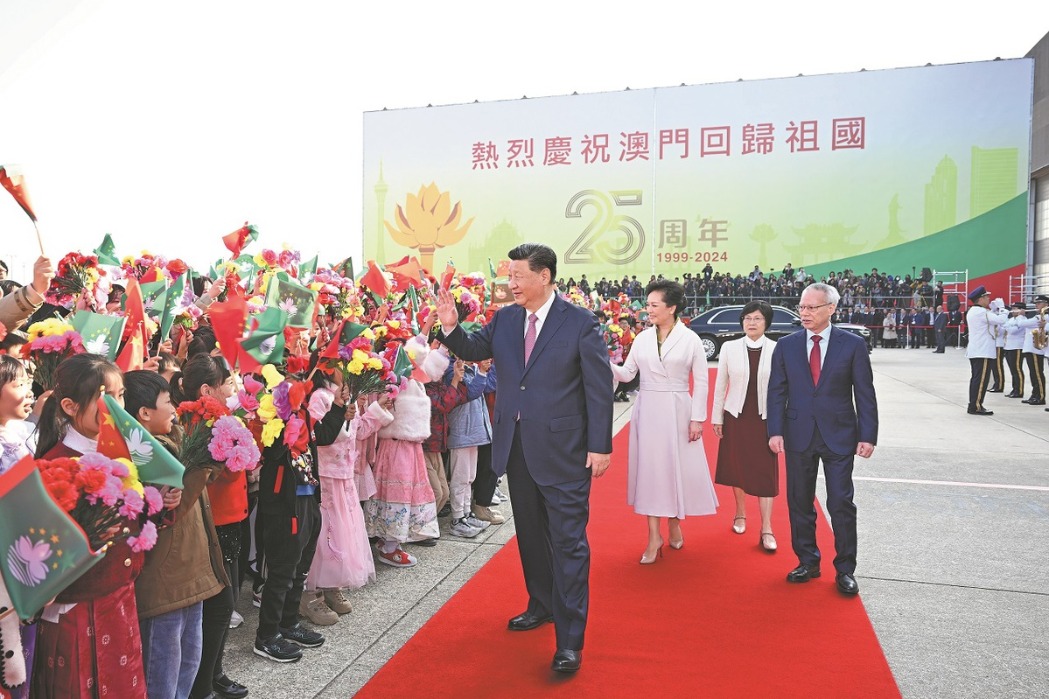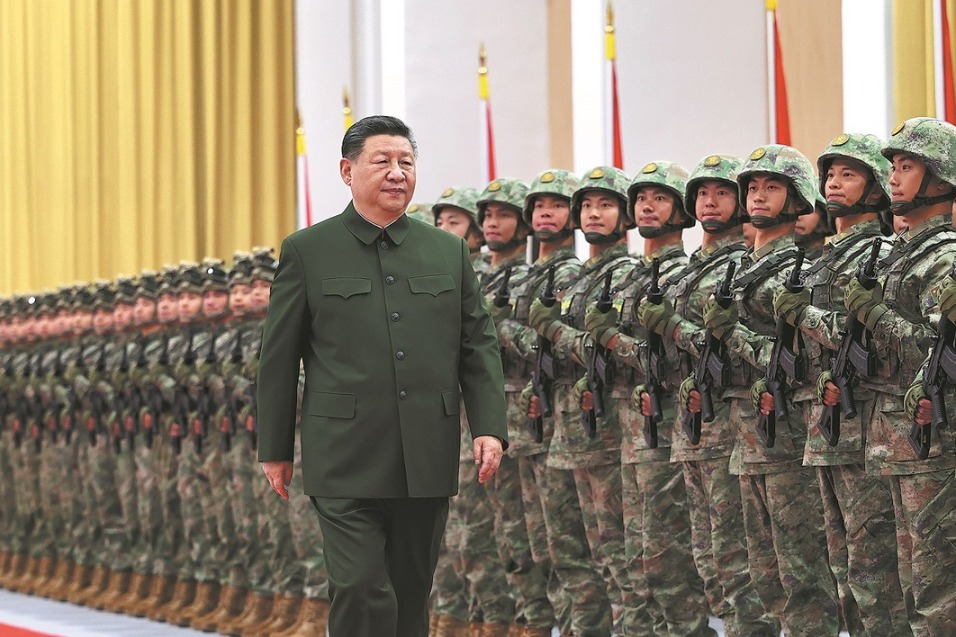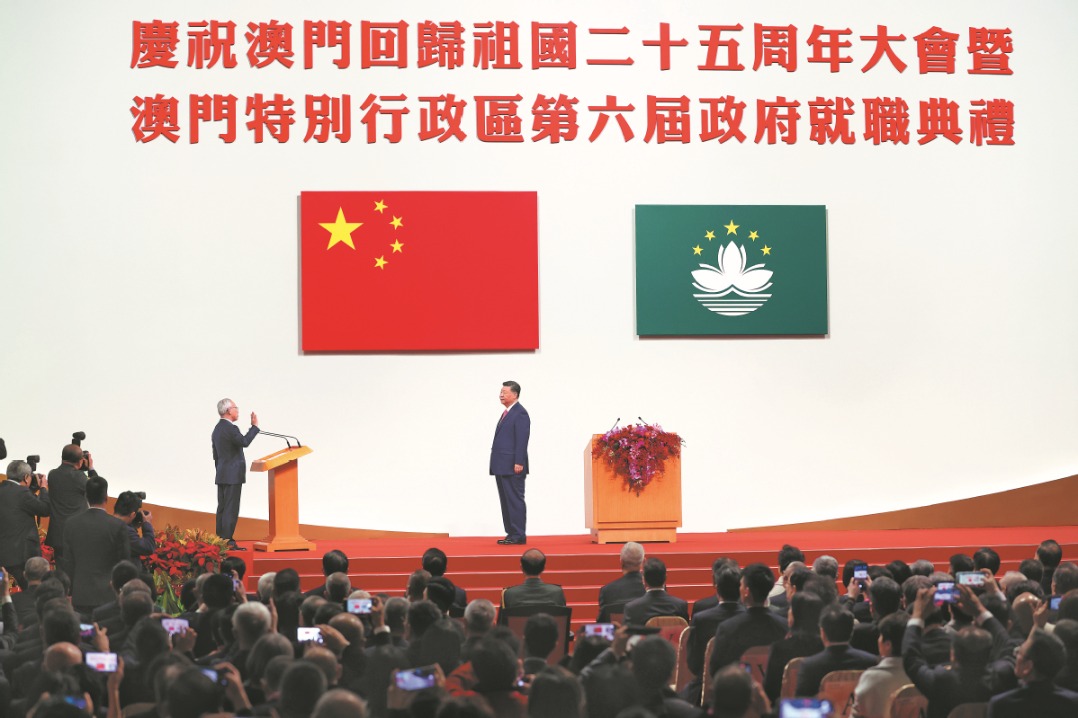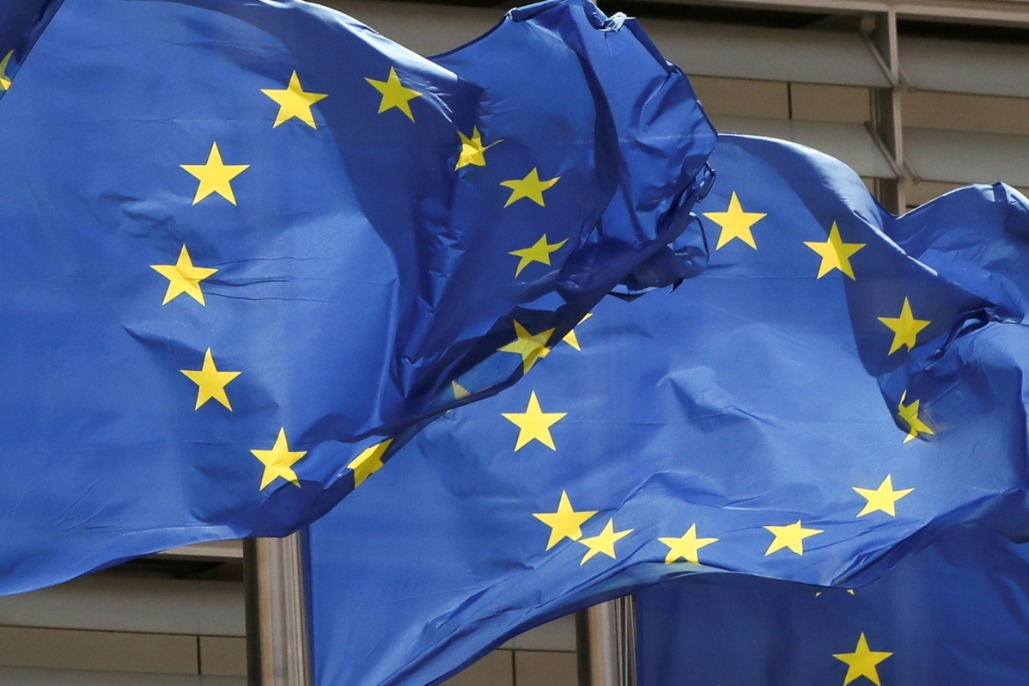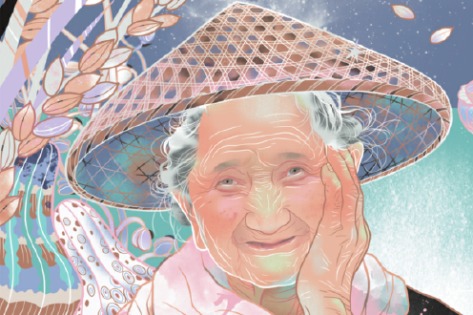World can learn from China's right response to pandemic

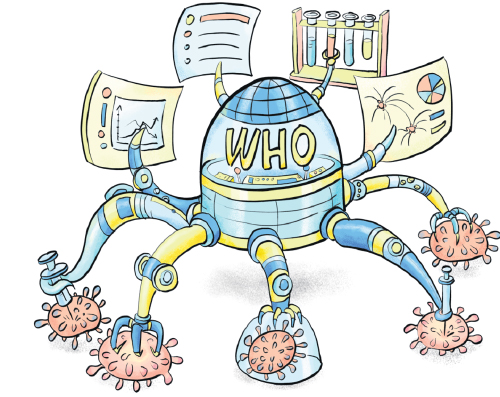
The World Health Organization praising China on Monday for its success in combating the COVID-19 pandemic, while well deserved, came as a surprise to me, especially because I've been covering the WHO's press briefings since February.
Mike Ryan, executive director of the WHO's Health Emergencies Programme, Maria Van Kerkhove, the WHO's technical lead on COVID-19, and Bruce Aylward, senior adviser to WHO Director-General Tedros Adhanom Ghebreyesus, are not only experts in the field but also visited China early this year following the outbreak of the pandemic.
However, they became extra careful about praising China after top US officials launched a vicious attack on the WHO in April, accusing it of misleading the United States on the novel coronavirus epidemic and calling it a "China puppet".Eventually, the US pulled out of the global health body.
I understand the concerns of the WHO officials. They have been under great stress in leading the global fight against the pandemic while coping with the pressure the US officials have created by politicizing the virus in order to deflect criticisms against their poor response to the outbreak at home in an election year.
Sadly, it has also become an issue of political correctness for some medical experts in the US and Europe to keep citing the effective response in Singapore, the Republic of Korea, and Taiwan-but deliberately avoiding any reference to the Chinese mainland's success in containing the virus.
The painstaking efforts of 1.4 billion Chinese people have paid off as the mainland has gone without reporting any new local transmissions for more than three weeks. And life in Chinese cities has gradually returned to normal.
By contrast, many countries are facing severe challenges largely due to the inadequate measures or lax enforcement of the strict measures they had taken. The US is a case in point. It was ranked top in the Global Health Security index in March, given its status as the largest developed country and its state-of-the-art health institutions such as the Centers for Disease Control and Prevention, National Institute of Health and some of the best medical schools in the world.
Yet the US has shocked the world by becoming the country worst hit by the pandemic. With only 4 percent of the world's population, it has nearly 25 percent of the infections-more than 6.24 million cases-and over 188,000 deaths. Contact tracing, isolation and quarantine measures-critical to contain any pandemic-were strictly implemented in China and some other countries and regions but were largely missing in most parts of the US and many European countries.
That's why in the Pew Center survey released two weeks ago, only 47 percent of the respondents in the US said their country's coronavirus response has been good, much lower than the rest of the 14 advanced countries surveyed, except the United Kingdom that recorded 46 percent. And only 18 percent of Americans said their country is more united than before the outbreak, by far the lowest among the 14 countries.
On Monday, the WHO experts also praised China's public health infrastructure, the sense of responsibility of the people, and the preparedness of local officials in fighting the outbreak. And they hoped China would continue to share its experiences with the rest of the world and not become complacent.
China has been a major supplier of personal protective equipment to the world; it has supplied 26.5 billion face masks and other medical products to the US alone, according to data available in early August. It has held hundreds of videoconferences to share its experiences with other countries, sent medical teams to some countries, and pledged to make its vaccine, when one is developed, a global public good.
As the WHO officials keep saying, "it's not over anywhere until it's over everywhere". Which global solidarity is vital for defeating the novel coronavirus. Acknowledging China's success would certainly help countries to better learn from its best practices and hard lessons.
chenweihua@chinadaily.com.cn
The author is chief of China Daily EU Bureau based in Brussels.
If you have a specific expertise and would like to contribute to China Daily, please contact us at opinion@chinadaily.com.cn , and comment@chinadaily.com.cn


















